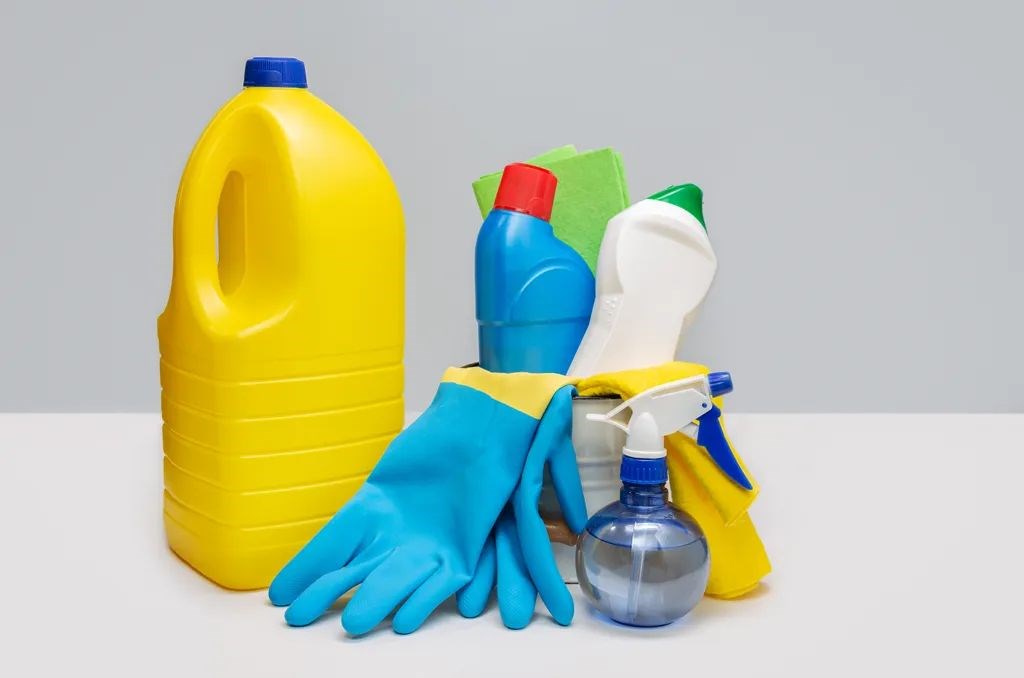What are anionic surfactants?
Published date: 22 August 2022

Surfactants are chemicals that lower the surface tension between two liquids (or between liquids and solids, or liquids and gases). They are often used as cleaning agents. The word surfactant means surface active agent.
Surfactants have a structure composed of two ends. One end of the chemical is water-soluble (hydrophilic), the other one is water-avoiding (hydrophobic). The hydrophobic ends are drawn to the stains. The hydrophilic ends pull the stains off the surface and into the cleaning solution.
Anionic surfactants are surfactants that possess a negative electrical charge.
What are the properties of anionic surfactants?
Anionic surfactant molecules have a negative charge on the hydrophilic end. They negatively charge the substrates and dirt particles to make them repel each other. This gives these chemicals an exceptional cleaning power. Anionic surfactants also produce a high amount of foam when agitated.
Because of their properties, anionic surfactants are used as the main active components of soaps and chemical detergents. They are able to attack a wide range of substances. However, they are not very effective at removing oily stains.
Sulfates, sulfonates, phosphates and carboxylates are all examples of anionic surfactants. The category of carboxylates soaps includes sodium stearate, a white solid which is the most common form of soap.
What are the applications of anionic surfactants?
Anionic surfactants are not exclusively used as cleaning agents. They have many applications in a wide range of industrial fields. Examples include:
- Anionic surfactants are used as pesticide emulsifiers. They are effective at improving the chemical stability of pesticides and reducing costs and pollution. Anionic surfactants are added to insecticides, rust removers and plant growth regulators to form soil conditioners.
- Anionic surfactants are mainly used as emulsifiers, solubilisers and wetting agents in the cosmetic industry. They are safe from both a pharmacological and toxicological standpoint.
- Sewage treatment. Anionic surfactants are useful in the treatment of domestic sewage and wastewater. They are effective in sludge disposal and in the treatment of wastewater generated from a wide range of industries. These include papermaking, breweries, textile and dyeing.
- Anionic surfactants are common in the textile industry. They are employed from the pretreatment process to the finishing process. In addition, some functional products, such as leveling agents and fixing agents, are also anionic.
- Cleaning agents. Anionic surfactants are mainly known as cleaning agents for their outstanding washing properties. They are used in soaps, detergents and shampoos. Anionic surfactants produce a high amount of foam and are low price chemicals.
Conro Electronics is a leading supplier of materials and tools in the electronic manufacturing industry.
We’ll show you how to improve product reliability while increasing performance and lowering costs. Our team of technical support specialists will provide your company with dependable global supply, unrivalled efficiency, and superior technical support.
Feel free to contact us on 0208 953 1211 or send us an email to info@conro.com




Comments
There are currently no comments, be the first to comment.